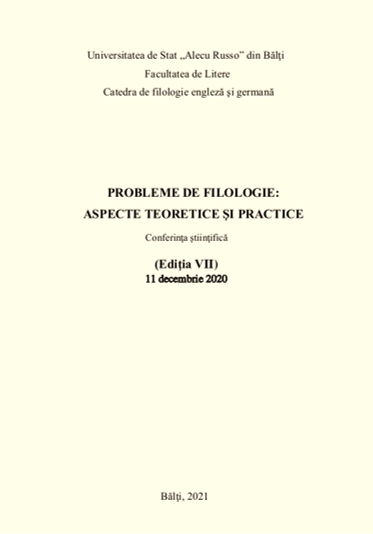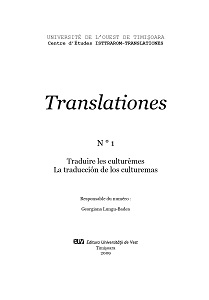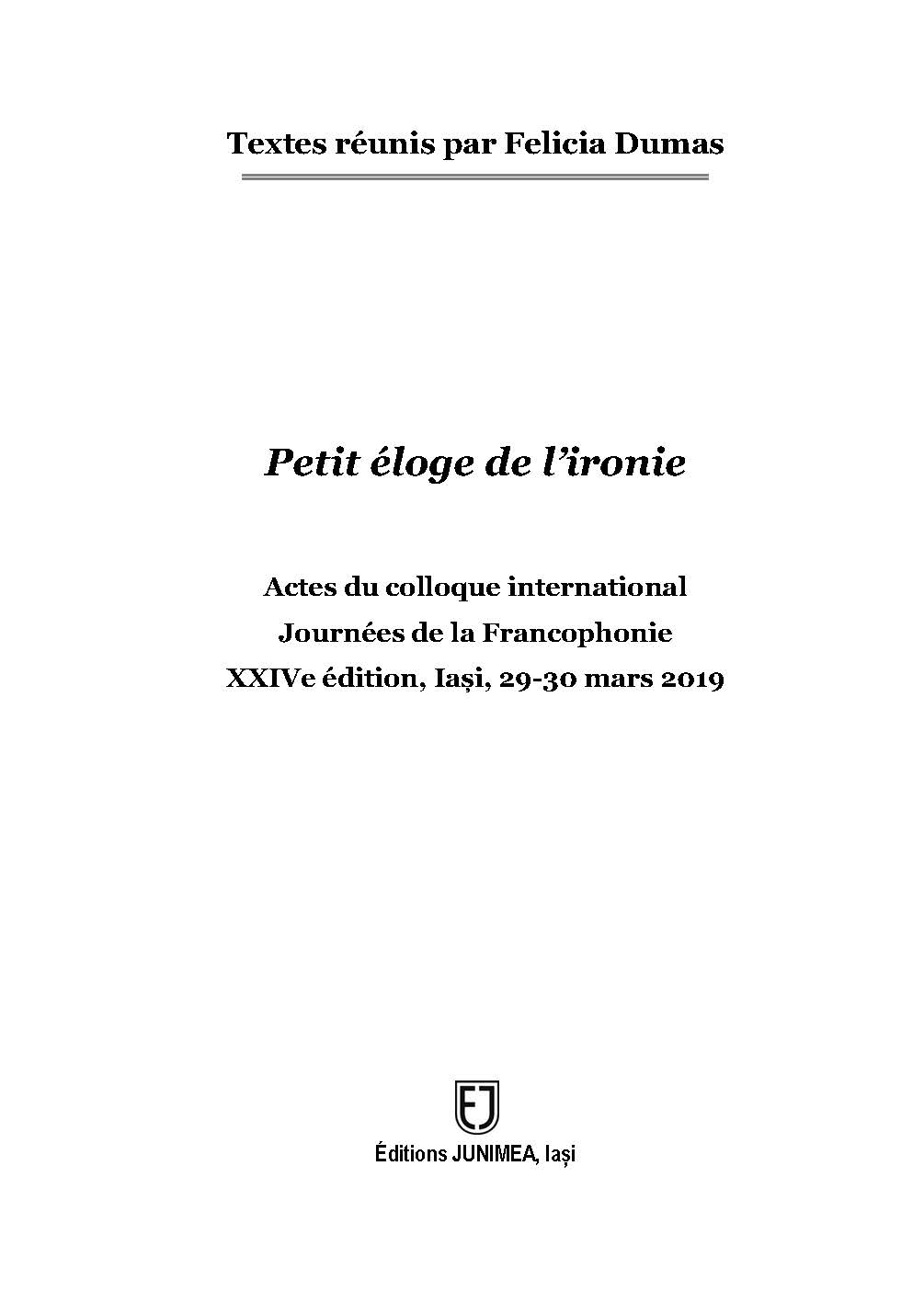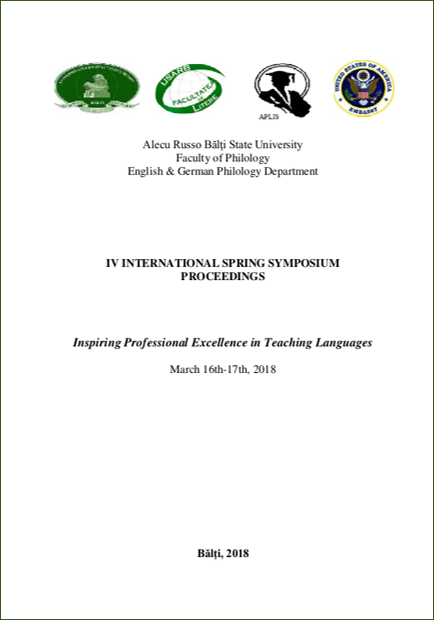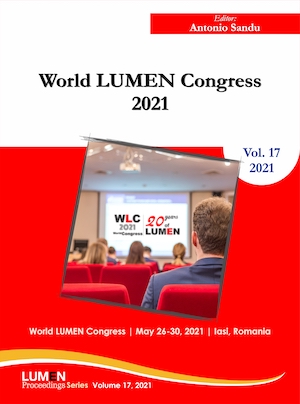Author(s): Catherine Gravet / Language(s): French
Publication Year: 0
The history of French song is a heritage of unforgettable texts very often written by men, sometimes for women. Female singers, authors, composers and performers, however, are taking on an increasingly important role, to the point that female researchers are talking about "matrimony". This emergence of women in French song often involves comedy: black humour, false naiveté, offbeat irony, even sarcasm impose a different vision of the world from that of men or put a distance from an alienating universe dictated by the patriarchal tradition. Yet, song, the art of incarnation, is a poem like no other, it needs the performer's voice, or even her body, and current recording and broadcasting techniques completely change the public's perception. A few case studies should enable us to better understand the specificity of some texts written and performed by women in terms of irony. Several themes closely linked to the body seem recurrent to us, such as motherhood, adoption, childbirth or abortion, in a firmly provocative stance: why are Laurie Peret's song, "Un, deux, trois" (2017); Laura Laune’s "La Rupture" (2017); GiedRé’s "Pisser debout" (2011) or "Ode à la contraception" (2014) so shocking? They are both provocative and subversive, they defy the rules of propriety, and their assumed vulgarity bewilders.
More...
